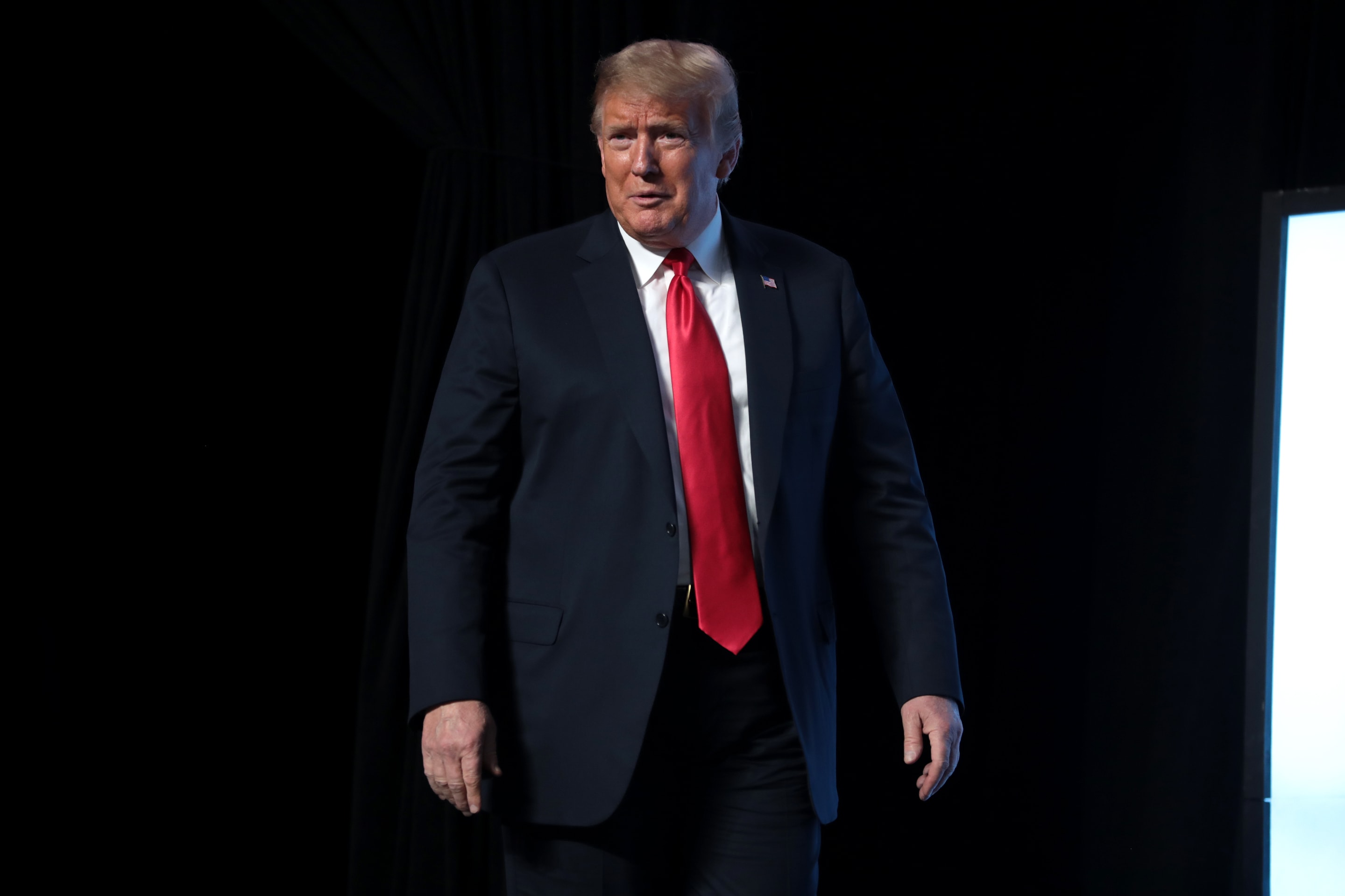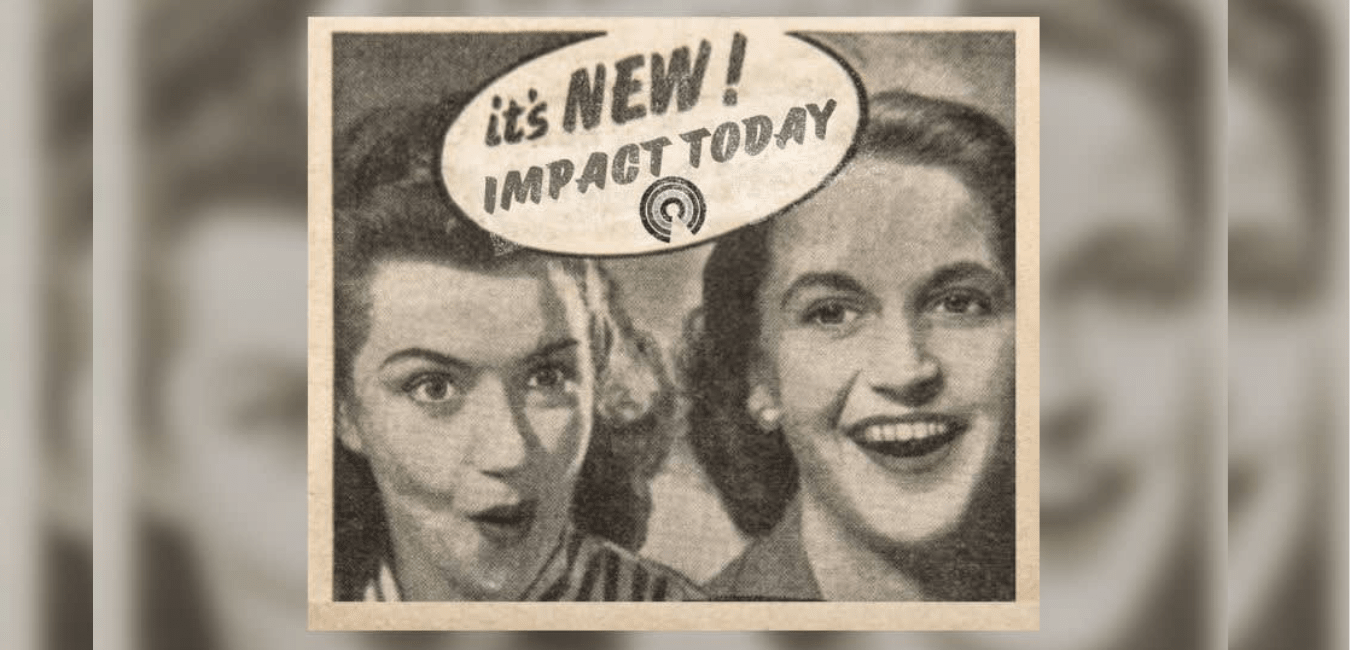
Strengthening Healthcare Outreach Under Obamacare, Banning ‘Junk Plans’, and Getting Generic Drugs to Market Sooner (H.R. 987)
Do you support or oppose this bill?
What is H.R. 987?
(Updated January 5, 2021)
This bill — the Strengthening Health Care and Lowering Prescription Drug Costs Act — would combine seven bills which aim to strengthen protections for pre-existing conditions and lower prescription drug costs. Among its provisions include provisions to ban “junk” health insurance plans, expand marketing & outreach under the Affordable Care Act (aka Obamacare) while providing funding for states to set up exchanges, and get generic drugs and biosimilars to market sooner. A breakdown of its various provisions can be found below.
Creating and Restoring Equal Access to Equivalent Samples (CREATES) Act
This bill would aim to promote a more competitive drug market by creating a pathway for expediting the launch of generic drugs. It’d crack down on anti-competitive practices by branded drug manufacturers by allowing the purchase of samples, which are needed for generic companies to develop and test generic products side-by-side with branded products.
It’d also ensure that generic companies are able to access branded companies’ Risk Evaluation Mitigation Strategy with Elements to Safer Safe Use (REMS with ETASU) protocols, which are necessary safety protocols for certain types of drugs.
When access to samples is blocked, this bill would permit a biosimilar or generic manufacturer to sue in federal court for injunctive relief to obtain the sample it needs for development. In such cases, limited damages could also be awarded as a deterrent in certain egregious cases.
This bill also gives the FDA more discretion to approve alternative safety protocols, rather than requiring the branded and generic companies to develop shared safety protocols. However, any safety protocol would still have to be approved by the FDA and must meet the same rigorous safety standards as those already in place.
Protecting Consumer Access to Generics Act
This section would prohibit brand name drug manufacturers from compensating generic drug manufacturers to delay the entry of a generic drug into the market. It would also prohibit biological product manufacturers from compensating biosimilar and interchangeable product manufacturers to delay entry of their products to the market.
Bring Low-cost Options and Competition while Keeping Incentives for New Generics (BLOCKING) Act
This section would aim to promote competition among generic manufacturers and deter a first generic applicant from “parking” their application and delaying its final approval, which in turn delays subsequent applications by other generic manufacturers (first applicants have 180 days of exclusivity for their generic after going to market). It would allow the Food and Drug Administration (FDA) to approve a subsequent generic application if the following conditions are met:
The subsequent application is ready for full approval;
At least 30 months have passed since the first applicant submitted their application;
Related patent litigation has been fully resolved by at least one first applicant; and
No first applicant has received final approval.
“Junk plan” ban
This section would block Trump administration executive actions regarding health insurance regulations by reversing the expansion of short-term, limited-duration health plans for consumers.
State Allowance for a Variety of Exchanges (SAVE) Act
This section would establish a $200 million per year grant program to assist states in establishing health insurance exchanges.
Expand Navigators’ Resources for Outreach, Learning and Longevity (ENROLL) Act
This section would amend the Patient Protection and Affordable Care Act (aka Obamacare) to guarantee $100 million in annual funding for Navigator initiatives that help people pick the best health plans for themselves and their families. It’d also boost outreach and educational activities to raise the accessibility of information about coverage options and financial assistance to help purchase coverage. Funding for this bill would come out of the user fees imposed on participating health insurance issuers in insurance marketplaces.
MORE Health Education Act
This section would provide $100 million in annual funding for marketing and outreach activities to promote the federal health insurance marketplace.
Argument in favor
This bill would reverse the Trump administrations efforts to sabotage the Affordable Care Act and weaken protections for pre-existing conditions by offering "junk plans". It’d also accelerate the development of generic drugs so that they get to market sooner and consumers can realize savings.
Argument opposed
This bill would reduce the health insurance options available to consumers by cutting off access to short-term, limited duration plans or those that cover less and are relatively inexpensive. Not only that, it’d also waste millions of tax dollars on the inefficient Obamacare Navigators program.
Impact
Consumers of health insurance, generic drugs and biosimilars; healthcare providers; health insurers; manufacturers of brand name and generic drugs; states; and the FDA.
Cost of H.R. 987
A CBO cost estimate is unavailable.
Additional Info
In-Depth: House Majority Leader Steny Hoyer (D-MD) offered the following statement on this package’s introduction:
“Our legislation will be composed of separate bills from the Energy and Commerce Committee to ban junk health insurance plans, bring generic prescription drugs to market more quickly, provide funding for states to establish state-based marketplaces under the Affordable Care Act, require and provide funding for outreach and enrollment, and fund the navigator program that assists Americans during the open enrollment period.”
The bills contained in this package received varying degrees of support in the House Energy & Commerce Committee and from cosponsors:
The CREATES Act passed the committee on a voice vote and has the support of 68 bipartisan cosponsors, including 55 Democrats and 13 Republicans.
The BLOCKING Act passed the committee on a voice vote and has the support of 16 bipartisan cosponsors, including 13 Democrats and three Republicans.
The ban on short-term, limited duration insurance policies passed the committee on a party-line 26-19 vote and has the support of 26 Democratic cosponsors. Republicans opposed it for reducing the options available to consumers.
The SAVE Act passed the committee on a party-line vote of 29-22, and has the support of 17 cosponsors, all but one of whom is a Democrat. Committee Republicans opposed the bill because its funding isn’t offset.
The ENROLL Act passed the committee on a party-line 30-22 vote, with Republicans opposed because the Navigator program has failed to reach its enrollment goals and has been “susceptible to waste.”
The MORE Health Education Act passed the committee on a party-line 30-22 vote, with Republicans opposed the bill because additional funding for outreach and education “has generally failed to increase first-time enrollment” and the $100 million in funding isn’t paid for.
The Protecting Consumer Access to Generics Act passed the committee and has the support of 38 Democratic cosponsors.
House Republicans are expected to oppose this overall package on the floor, while the GOP-controlled Senate is highly unlikely to take up the bill if it were to pass. The Trump administration will also oppose the bill because it seeks to undo actions it has taken.
Centers for Medicare and Medicaid Services Administrator Seema Verma explained cuts to the Obamacare navigators program by noting that they helped with fewer than 1% of enrollments in 2017. And the administration has opposed a legal challenge to the executive action regarding association health plans.
Media:
American Hospital Association (In Favor)
Summary by Eric Revell
(Photo Credit: iStock.com / vinnstock)
The Latest
-
 IT: 🛢️ New Vermont measure could charge Big Oil for climate damages, and... Do you think Trump is guilty?Welcome to Friday, May 10th, friends... Vermont could be one of the first states to hold Big Oil accountable for the damages read more...
IT: 🛢️ New Vermont measure could charge Big Oil for climate damages, and... Do you think Trump is guilty?Welcome to Friday, May 10th, friends... Vermont could be one of the first states to hold Big Oil accountable for the damages read more... -
 Stormy Daniels Takes the Stand in Trump Hush Money TrialUpdated May 9, 2024, 5:00 p.m. EST Adult film star Stormy Daniels, also known as Stephanie Clifford, spent two days on the stand read more... Law Enforcement
Stormy Daniels Takes the Stand in Trump Hush Money TrialUpdated May 9, 2024, 5:00 p.m. EST Adult film star Stormy Daniels, also known as Stephanie Clifford, spent two days on the stand read more... Law Enforcement -
 Vermont Measure to Charge Big Oil for Climate DamagesWhat’s the story? Vermont is expected to become one of the first states to hold Big Oil accountable for the damages caused by read more... Environment
Vermont Measure to Charge Big Oil for Climate DamagesWhat’s the story? Vermont is expected to become one of the first states to hold Big Oil accountable for the damages caused by read more... Environment -
 IT: Trump's 2016 'deny, deny, deny' campaign strategy, and... How can you help the civilians of Ukraine?Welcome to Wednesday, May 8th, weekenders... As Trump's hush money trial enters it's third week, the 2016 campaign strategy of read more...
IT: Trump's 2016 'deny, deny, deny' campaign strategy, and... How can you help the civilians of Ukraine?Welcome to Wednesday, May 8th, weekenders... As Trump's hush money trial enters it's third week, the 2016 campaign strategy of read more...
 Climate & Consumption
Climate & Consumption
 Health & Hunger
Health & Hunger
 Politics & Policy
Politics & Policy
 Safety & Security
Safety & Security
